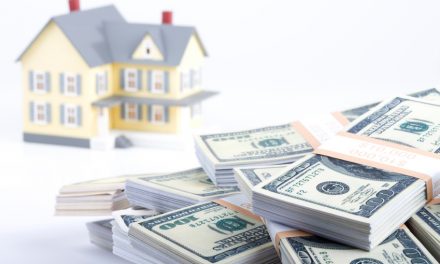|
Check out our new audio content!
Getting your Trinity Audio player ready...
|
Image from Pixabay
By Stephanie Mojica
One of the consequences of the COVID-19 pandemic has been significant restrictions on foreign travelers entering the United States, which has caused the number of foreign real estate investors to decline. However, this trend is slowly changing as the U.S. government lifts travel restrictions.
According to CNBC, the main sources of foreign real estate transactions within the United States are Europe, Brazil, India, and China. Because the U.S. government relaxed travel restrictions for vaccinated travelers from 33 countries, people can now enter the country to buy real estate for the first time in almost two years.

Image from Pixabay
Wealthy people overseas have booked numerous appointments with American realtors, especially in cities such as Los Angeles, New York, and Miami, according to CNBC.
In 2018, foreign nationals purchased $267 billion in U.S. real estate; in 2019, they spent $183 billion, according to the National Association of Realtors. Stymied by the unavailability of in-person showings, foreigners bought only $107 billion of U.S. real estate in 2021.
During the pandemic, American housing prices have skyrocketed while the supply has dwindled — especially in common investment hubs such as Miami and Palm Beach, according to CNBC. Areas such as the Manhattan borough of New York City saw a decline in prices and an increase in supply, but this is changing as the pandemic seems to be drawing to a close.

Image from Pixabay
However, this may not pose a major problem to foreign investors. According to brokers interviewed by CNBC, buyers from countries such as China tend to prefer new construction. On the other hand, the United States real estate market might not see as much money from the hands of Chinese nationals. The government of China has created major blockages in its efforts to stop the flight of capital from its country.
The good news is that plenty of other countries and regions of the world do not have such restrictions, which will likely aid the U.S. real estate market as people continue to recover from the pandemic. Buyers from the Middle East, Canada, and Mexico are showing increased interest in investing in properties in the United States.
The most recent data available, from before the pandemic, shows that foreign real estate investors tend to prefer the following areas:
1. Florida
2. California
3. Texas
4. Arizona
5. New Jersey
6. New York
This trend is expected to continue, especially in coastal cities. This translates to real estate investors in these markets dealing with an increase in competition from these investors; however, the pool of buyers will significantly increase.




















